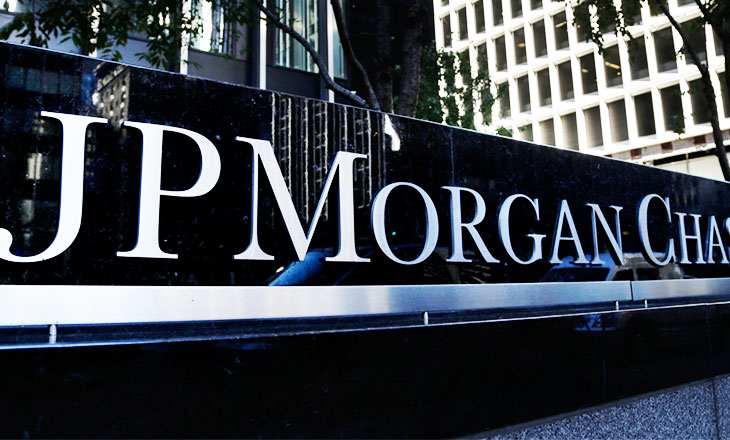If you were even the least bit interested in all-things-crypto, and for that matter, in all-things-banking, then last week’s financial press mayhem following JPMorgan’s crypto announcement came off as a circus sideshow. Distractions abounded under the Big Tent. The stands were filled with crowding masses and unruly press patrons shouting praise and abuse, while hawkers spread their wears. The only one missing might have been the Artful Dodger, but he could still be lurking in the shadows.
All joking aside, professionals on both sides of the crypto fence felt the setting was conveniently appropriate for crypto and blockchain folks to finally sit down and discuss issues with the banking establishment, if only to look for common ground. According to a few educated pundits, however, far too many people rushed into write stories about things that they were woefully ill prepared to do. Instead of greater awareness on all topics at hand, the proceedings seemed more like a step back towards ignorance.
This issue came to ahead this week when Bloomberg, a financial services commentator, made a comment about the sudden unexplained climb in Bitcoin prices. The press feed afterwards read: “Bloomberg Hilariously Reports JP Morgan’s Fake Cryptocurrency is Boosting Bitcoin’s Price,” when the two events had absolutely no linkage whatsoever. The Bitcoin jump commenced a full four days after JPMorgan had made its major crypto splash.
Another reporter was more blunt:
Bloomberg is outrageously reporting that the launch of JPMorgan’s new cryptocurrency is boosting bitcoin prices. It reveals an epic lack of understanding on the part of mainstream media and the financial industry at large. And it’s a disservice to those who rely on traditional financial media for trusted information. The Bloomberg story is just the latest in a string of many short-sighted and wildly inaccurate headlines around the JPMorgan crypto launch.
Portraying the JPM Coin as a cryptocurrency was particularly bothersome to many, as this informed supporter related:
JPM Coin is nothing like bitcoin. It’s built on a private blockchain. It requires permission to use it. Its price is pegged to a fiat counterpart. It’s centralized, not decentralized. It relies on a trusted third-party.
JPMorgan developers never claimed that its token was anything other than an internal access device that would be used to free up the enormous efficiencies of blockchain technology for the benefit of the bank.
Crypto zealots will never be satisfied with how limited banks will be in their ability to embrace their revolutionary calls. Bitcoin and its altcoin brethren, however, are not without warts, so to speak – a history fraught with enormous fraud losses and a reputation for aiding and abetting criminals in hiding, laundering, and redistributing its illicit gains across the planet. Banks are all about preventing these two situations, yet the potential for banks in cryptos lies in the technology, which banks have recognized.
The circus atmosphere, while entertaining, will dissipate, but will feuding factions begin to communicate on common ground? The market will sort things out, as it always does, but the rate at which it does will depend upon government and regulatory acceptance, the primary component that determines how flexible banks can be going forward.
